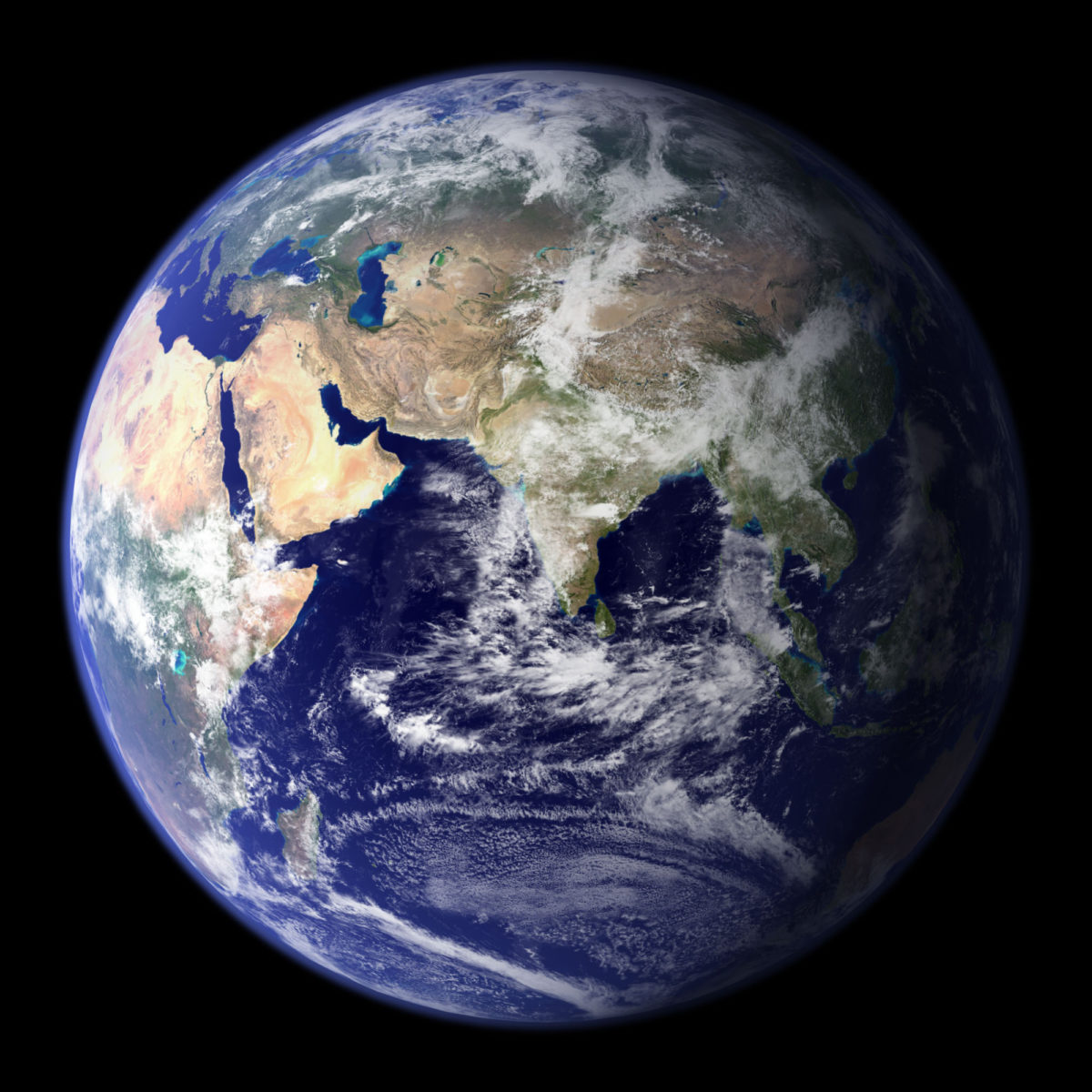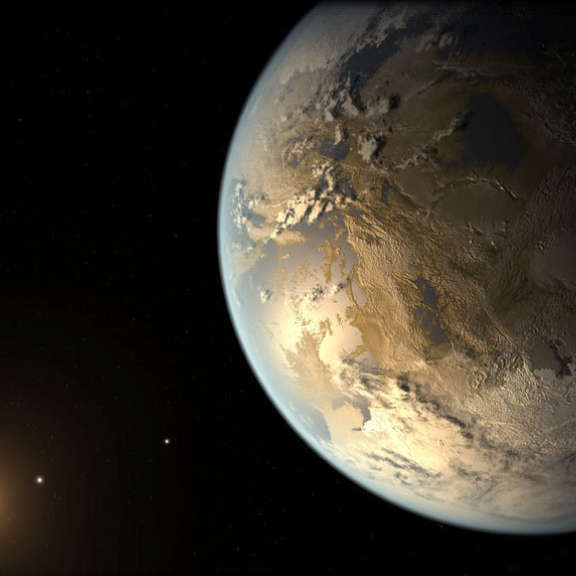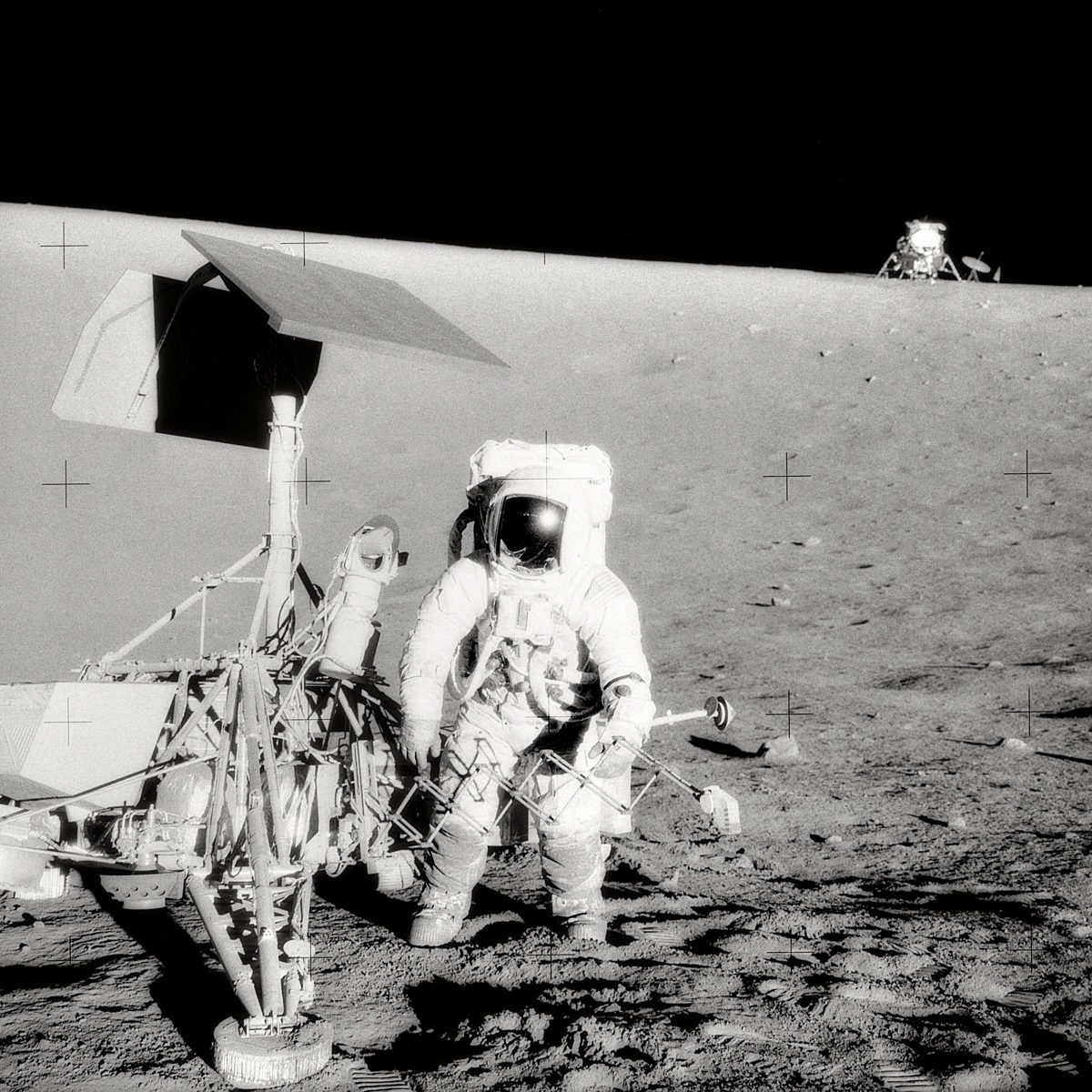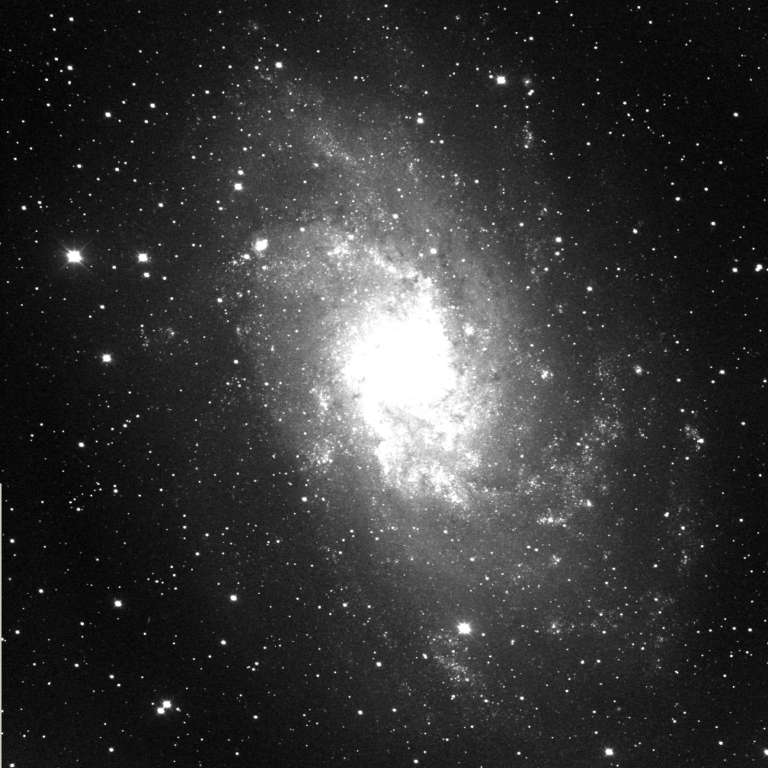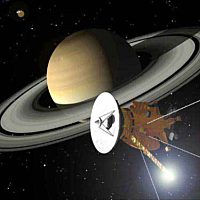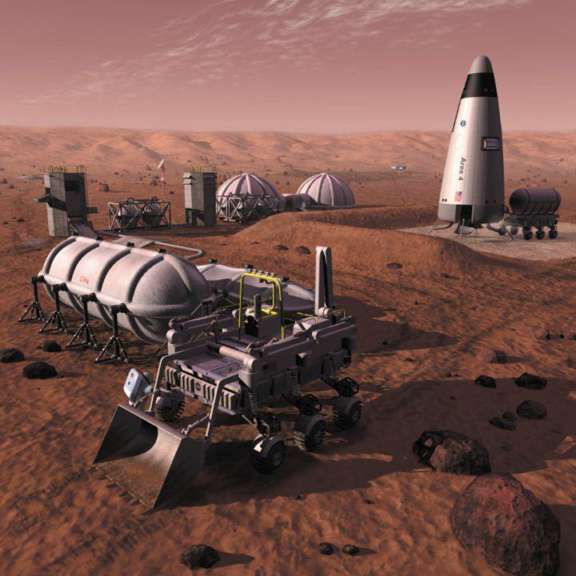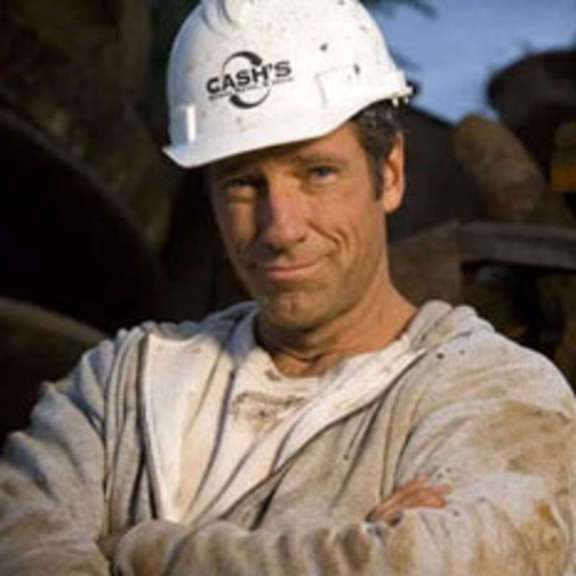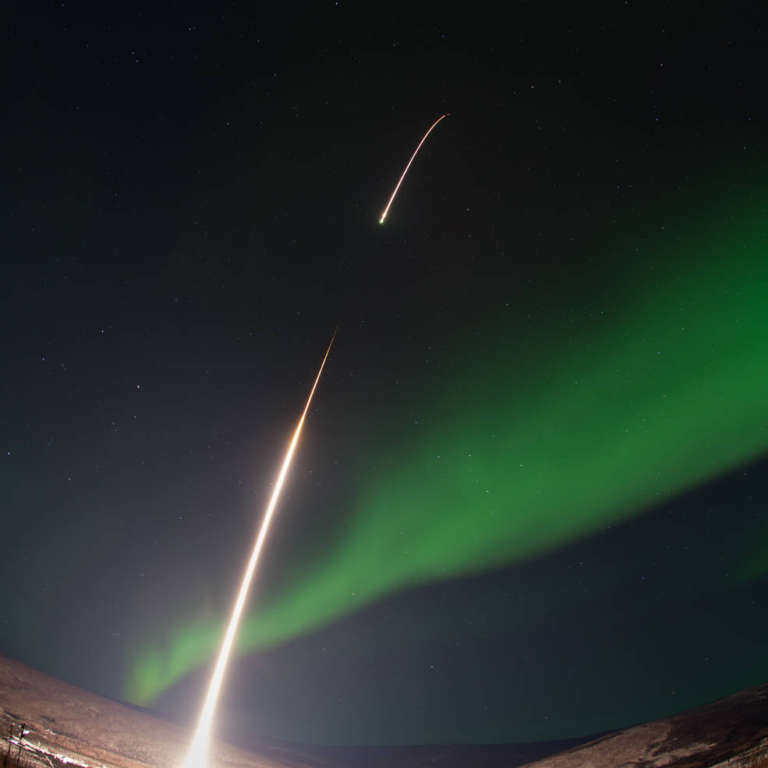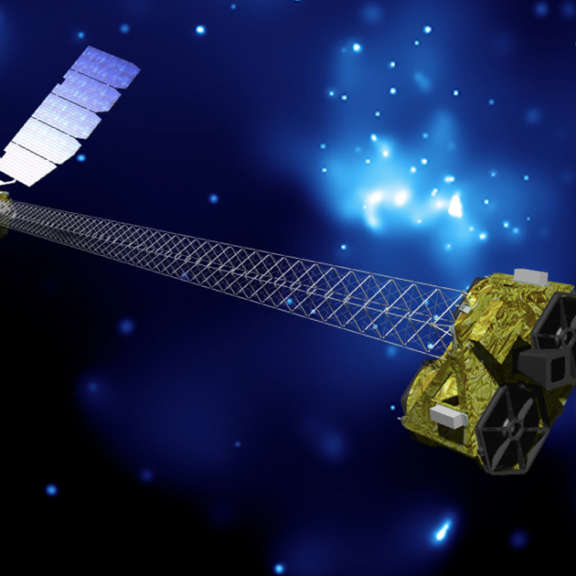Since 2002, Planetary Radio has visited with a scientist, engineer, project manager, advocate, or writer who provides a unique perspective on the quest for knowledge about our Solar System and beyond. The full show archive is available for free.
Search Planetary Radio
Venus Express Project Scientist Håkan Svedhem tells us about the spacecraft’s harrowing descent into the Venusian atmosphere, what it is currently up to, and what he’d like to see next at that forbidding planet.
LightSail, the Planetary Society’s innovative solar sail cubesat, will ride into space on the huge SpaceX Falcon Heavy, now in development. Bill Nye and others join us for a live celebration of this announcement.
Cornell grad student Jason Hofgartner reports on the discovery of what appears (and disappears!) to be an island on one of Titan’s frigid lakes.
There’s so much we don’t know about the origin of life here or anywhere else in the universe. But there must have been an energy source. Researcher Laurie Barge led work that simulated the natural formation of a fuel cell that may have taken place in Earth’s primordial oceans.
Kepler-186f is the very first exoplanet that is both the size of our own world and in the habitable zone surrounding its star. SETI Institute scientist Elisa Quintana is lead author of the paper announcing its existence.
The National Research Council released its long-awaited report June 4th. Distinguished space policy analyst John Logsdon returns to Planetary Radio with his take on this latest attempt to determine the proper role of humans in space.
Astronomers Without Borders Founder and President Mike Simmons and his colleagues share the passion, beauty and joy of the night sky from Argentina to Zambia.
Cassini Project Scientist Linda Spilker joins us at the first Starlight Festival in Big Bear Lake, California, and festival MC Andre Bormanis makes a bonus appearance on the show.
Planetary Radio visited Spacefest in Pasadena to talk with planetary scientist and space artist Dan Durda, Marc Rayman of the Dawn asteroid mission, and a guy who calls himself the Space Cowboy. We also eavesdrop on Apollo 17 Commander Gene Cernan and his lifelong fan, Griffith Observatory Curator Laura Danly.
Planetary Radio visits the 33rd ISDC to talk with three explorers who’ve set their sights on the Red Planet: MD and space medicine researcher Susan Jewell, Meteorite Man Geoff Notkin, and Mars Program Formulation Office Manager at the Jet Propulsion Laboratory, Charles Whetsel.
NASA has just published
Planetary Radio host Mat Kaplan learns why Director of Advocacy Casey Dreier is cautiously optimistic about the budget outlook for planetary science and exploration, so long as Planetary Society members and others keep making their voices heard in the nation's capitol.
The host of COSMOS: A Spacetime Odyssey, returns to our show with a behind the scenes look at the spectacular television series.
Join us at the world’s biggest public science event in Washington DC, where we talk about dirty jobs in space with television’s terrific Mike Rowe.
Finally found: an Earth-sized planet in the habitable zone. You’ll hear lead scientist Elisa Quintana make the announcement. Then OSIRIS REx mission Principal Investigator Dante Lauretta will tell us how the spacecraft will return a sample of material from the birth of the solar system.
You may have heard that the sometimes deadly Salmonella bacterium becomes stronger in microgravity. Cheryl Nickerson tell us about this and other results her team has conducted in low Earth orbit.
It’s back to Alaska, this time to the Poker Flat Research Range, where former Director Neal Brown and his staff launched sounding rockets into the heart of the Aurora Borealis. Emily Lakdawalla explores newly-discovered and very distant dwarf planets, and Bill Nye the Science guy has the latest on NASA’s planetary science budget.
Emily shares highlights from last week’s Lunar and Planetary Science Conference, and Alan Stern provides updates on the Rosetta comet mission and his New Horizons probe that is nearing Pluto, and addresses the controversy around Uwingu’s Name a Martian Crater project.
Join Mat Kaplan and other Aurora “virgins” as they seek the Northern Lights in Fairbanks, Alaska, and meet retired rocketeer and Director of the Poker Flat Research Range, Neal Brown
Principal Investigator Fiona Harrison provides an X-ray tour of some of the universe's most fascinating objects, Casey Dreier has analysis of NASA's 2015 budget plans, and Bill Nye sees the inherent optimism of science in the verification of another 715 exoplanets.


 Explore Worlds
Explore Worlds Find Life
Find Life Defend Earth
Defend Earth





